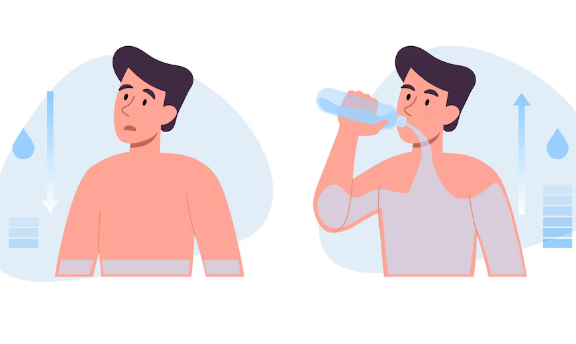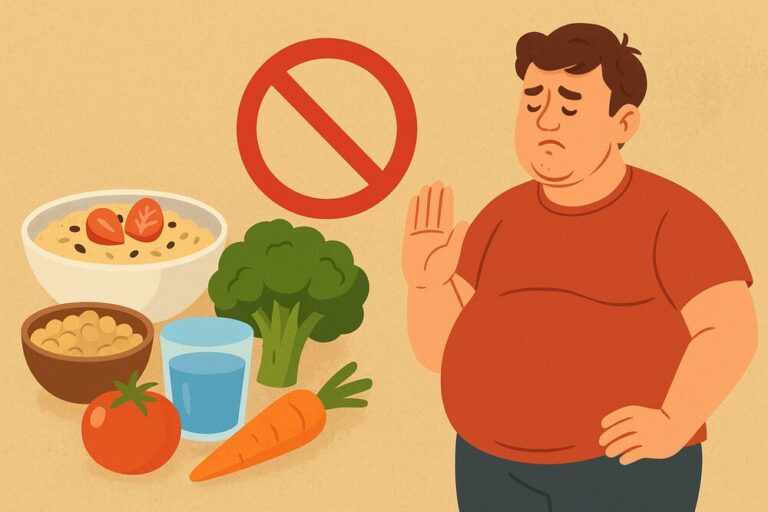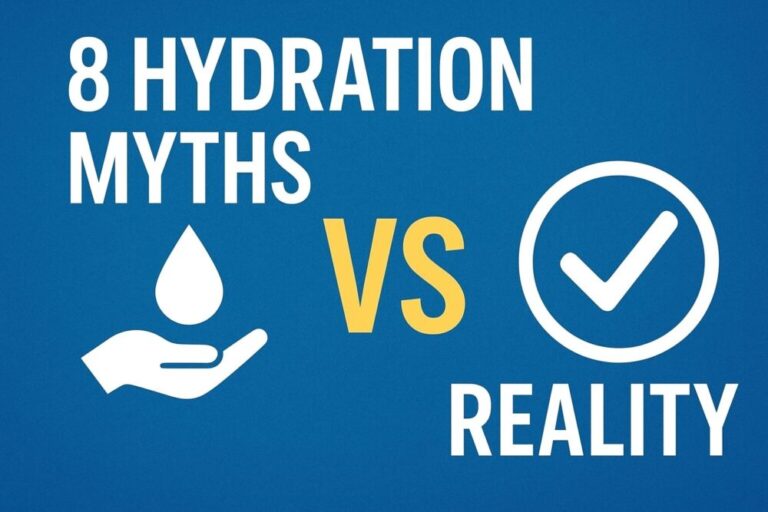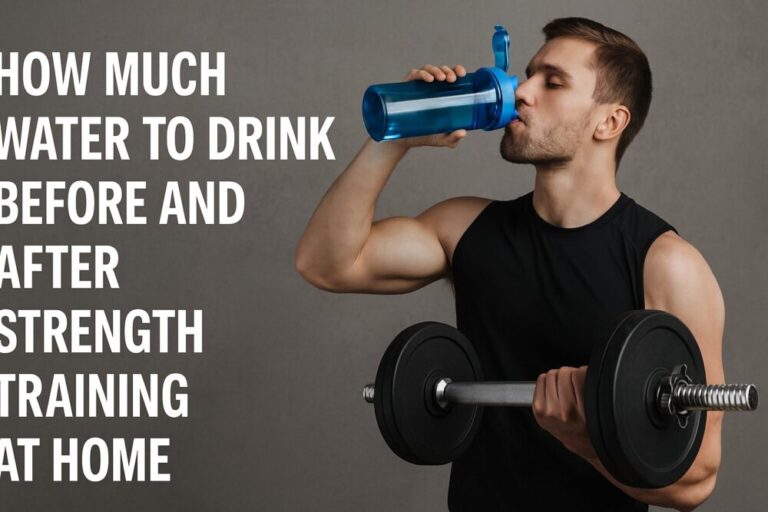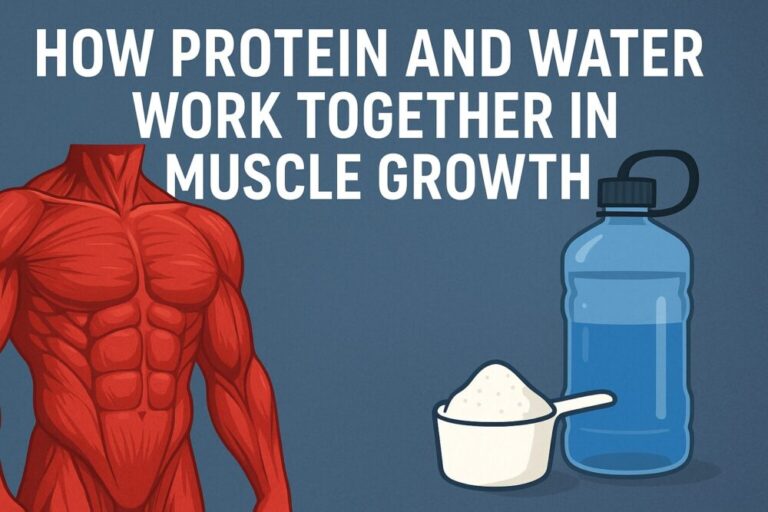Are You Attending Exercise Sessions, Making An Effort and Staying Consistent–but Something Feels Off?? Maybe midway through, cramps arise, or more headaches occur than usual – these could all be signs you’re not drinking enough water during workouts, and this often goes undetected by home fitness enthusiasts.
In this post, we’ll go through some of the most prevalent symptoms of dehydration during exercise and explain their science, as well as ways you can avoid dehydration altogether–beginning by understanding your own personal hydration needs using the Water Intake Calculator.
7 Signs You are Not Drinking Enough Water During Workouts
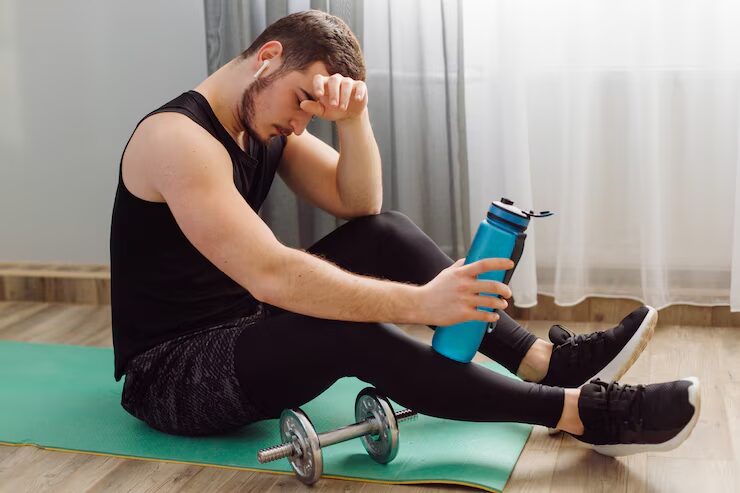
1. Feeling Dizzy During Exercise
Dizziness or faintness are signs that something is off with exercise, often caused by reduced blood volume from dehydration limiting oxygen delivery to muscles and the brain, this is more prevalent during fasted training or intensive cardio sessions in hot environments.
According to research published in the Journal of Athletic Training, dehydration may lead to orthostatic intolerance, or a drop in blood pressure that leads to dizziness or fainting during physical activity, reducing performance significantly. [Source].
2. Your Performance Suddenly Drops
Are You Reaching an Impasse Earlier Than Usually, or Struggling to Complete Circuits Efficiently? Dehydration could be to blame.
Low fluid levels can decrease muscle endurance, coordination, and energy production, all of which directly impact performance during strength training or cardio workouts.
3. Dry Mouth or Sticky Saliva
This is one of the earliest and most obvious dehydration symptoms. When your mouth feels dry or your saliva thickens during a workout session, your body is sending signals that it requires fluids.
While this might seem minor at first glance, it should serve as an alarm bell that indicates your hydration habits require attention.
4. Unusual Muscle Cramps
Have you experienced sudden, sharp calf or hamstring cramps mid-workout that were unexpected and unexpectedly severe? Usually this occurs due to electrolyte imbalances and fluid loss resulting from intense sweating during high-intensity interval training (HIIT or circuit).
Sports Medicine Review highlights dehydration coupled with sodium depletion as one of the primary factors leading to exercise-associated muscle cramps. Source.
5. Rapid Heartbeat or Palpitations
Dehydration decreases plasma volume, forcing your heart to work harder in order to keep circulation going smoothly. If your heartbeat has become faster than usual even during light exertion, this could be a telltale sign that you have not adequately hydrated before or during your workout session.
6. Headaches or Mental Fog After Training
Your brain contains about 73% water; when dehydrated, cognitive function suffers significantly, and symptoms such as post-workout headaches, difficulty focusing, or feeling mentally foggy may indicate an insufficient fluid intake.
7. Dark Urine or Low Output Following Workouts
If you are exercising regularly but find that your urine is dark yellow in color and/or it takes hours afterward to go to the bathroom, you are likely under-hydrated.
Pale yellow urine typically indicates adequate hydration, while anything darker indicates a need for additional water intake (especially if sweating frequently during home workouts).
How Much Water Do You Really Need for Workouts?
Hydration needs vary from person to person, while general recommendations suggest drinking 0.5 to 1 liter per hour of exercise, the fact it widely depends on individual factors like:
- Your body weight
- Workout intensity
- Sweat rate
- Environment (especially if you’re training at home in a warm room)
Which is why guesswork is not always the best approach. Use our Free Water intake Calculator instead to get an optimal hydration goal tailored specifically to your home fitness regimen and body composition. It only takes less than 60 seconds, and helps avoid dehydration as a common pitfall.
Conclusion
Acknowledging signs you’re not drinking enough water during workouts can make a dramatic difference to how you feel and perform at home fitness routines. From preventing cramps to maintaining energy and focus, staying hydrated should never be compromised upon. Want more, check out the Ultimate Guide to Hydration for Home Fitness Enthusiasts to build smarter habits around your workouts.
Drink smarter, move better, and stay consistent, because your results depend on it.

